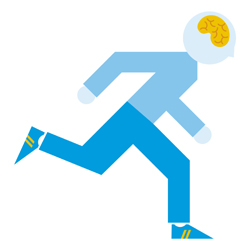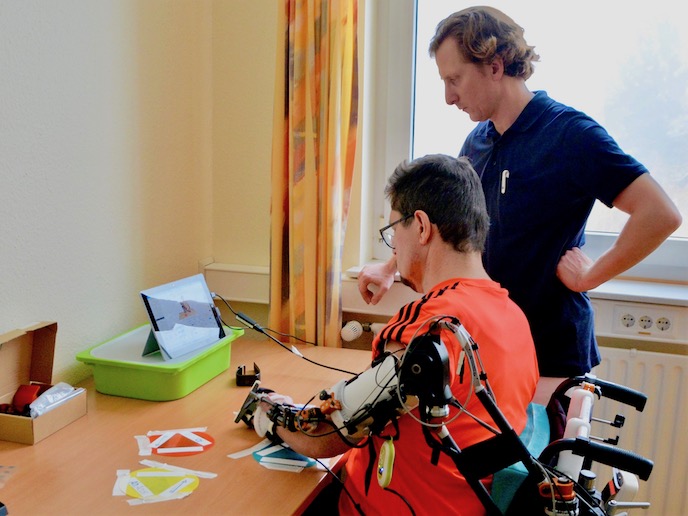Brain, senses and movement
The amount of information available to people is seemingly infinite. However, there is very little understanding of how our brains process the information we glean from the world around us. The 'Co-ordination for optimal decisions in dynamic environments' (CODDE) project was an EU-funded research initiative involving experts from different fields to help shed more light on the fundamental processes at play inside our bodies' sensory and neural pathways. Combining psychophysics, movement recording, functional brain imaging and virtual reality, the team were able to build theoretical models to gain new insights in three key areas. These covered the brain's efficient use of sensory data, the coordination of movements based on sensory input, and how the brain adapts through experience and age. CODDE results will have direct input in a number of practical applications. One particularly promising area includes the ability to make technology much more tailored to users, in areas ranging from 3D movies to advanced driver training. Another concerns introducing a much greater degree of 'touch and feel' into virtual reality methods. Project findings can also apply to helping the elderly stay on their feet, to promoting better learning methods for adults, or in the rehabilitation of brain-injured individuals. With 18 published papers in leading research journals and 59 presentations at international conferences, CODDE has spread its findings widely among the academic community to spur further new knowledge. Meanwhile, working with industrial partners will help to ensure the practical application of their enhanced understanding of how our brains work.







